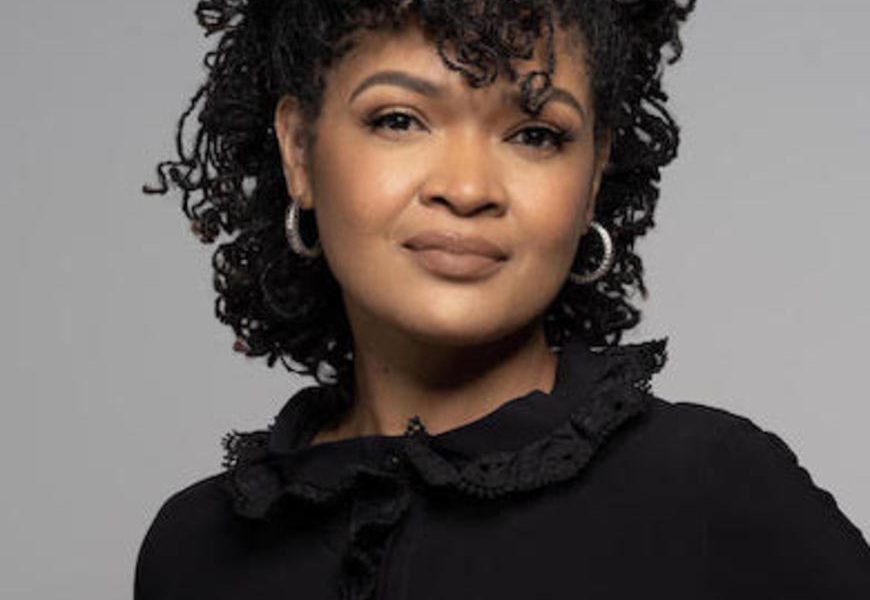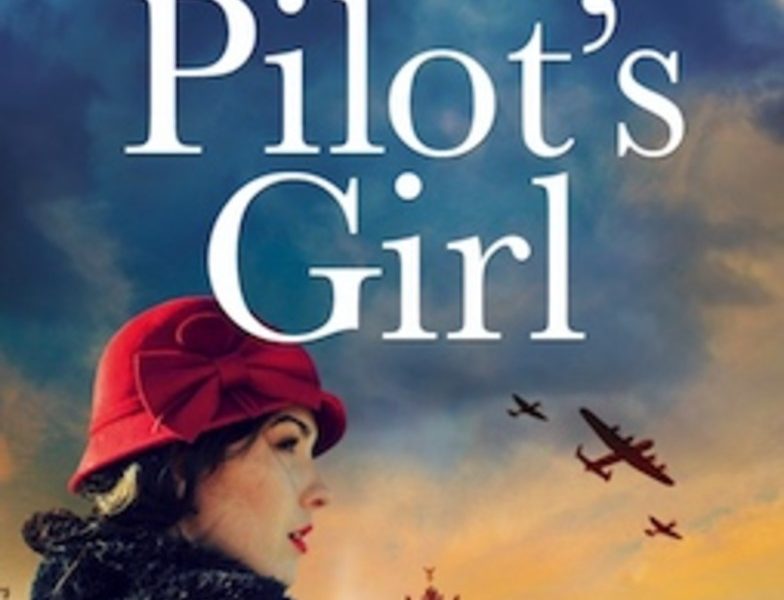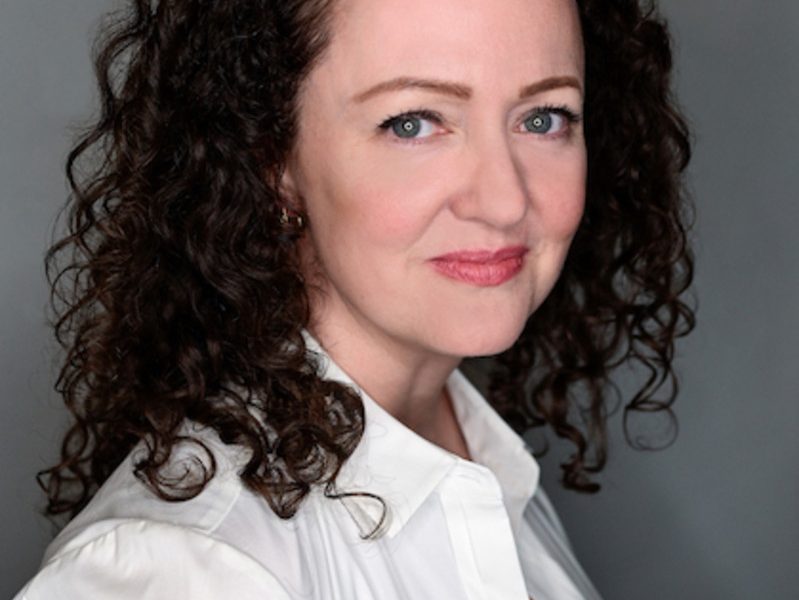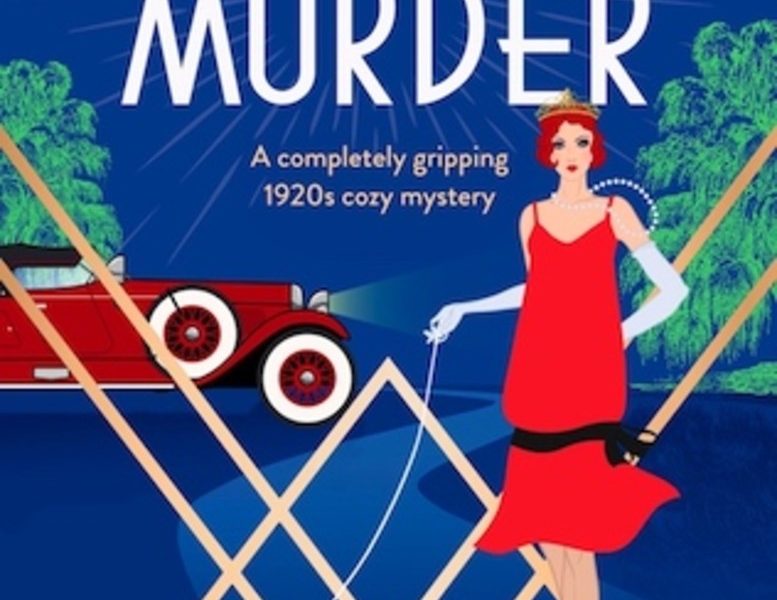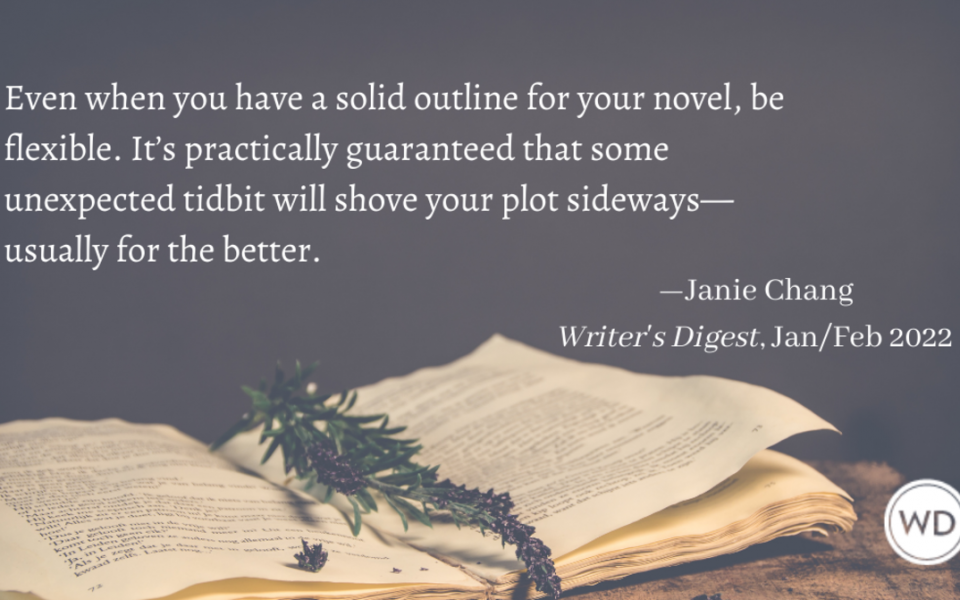Writing Historical Fiction / 7 posts found
6 Practical Tips for Writing Great Historical Fiction
In 2019, the New York Times Style Magazine declared that we are living in a “golden age” of historical fiction. Whatever the reason for this—be it our need to escape a horribly uncertain present or our fear of what the future might bring—as the author of six World War II-influenced novels, I am very happy that people want their fiction immersed in the past. (Entertaining With the Past: How To Write Engaging Historical Fiction) It is a genre, however, which can trip up the unwary writer: We are not, after all, describing times in which we have lived. With that […]
Entertaining With the Past: How To Write Engaging Historical Fiction
You’ve had your light bulb moment and found a riveting story idea set in the past. Maybe it was inspired by an obituary in the newspaper; you have a family story you are burning to share; you’ve read a poem that ignited your emotions; or you believe there is a gap in an account of a famous period in history that has been neglected and you want to embellish an idea or theory you hold dearly. We can’t always know what is true. There are always alternatives to accounts, different perspectives to share … so let your imagination fly. (How […]
How to Maintain Accuracy Across Multiple Plot Lines in Historical Fiction
Every time I attend a conference, class, or appear on a podcast, they inevitably ask the question: “Are you a pantser or a plotter?” (Research and Storytelling for Successful Historical Fiction) I want to wave the freedom flag with all the pantsers in the room. They describe sitting down at the computer watching as stories pour out of them. From beginning to end, a never-ending flow of brilliance and light. So, I tried the technique. I sat and waited for the muse to strike. I had the idea for a novel, but it was not filling the page, as my […]
10 Dos and Don’ts of How to Write Historical Fiction That Sells
(Disclaimer: This article is intended for ordinary mortals like myself who love writing and need to make a living from it, but aren’t perhaps literary geniuses. If you are a literary genius, or of independent means, it may not be for you.) I knew I had to do it. I’d self-published seven books, had my eighth accepted by a publisher, and been commissioned to write another by a second publisher. So I quit writing. (Research and Storytelling for Successful Historical Fiction) After years of writing nonfiction, I could no longer deny that my heart lay in writing fiction. Which meant […]

